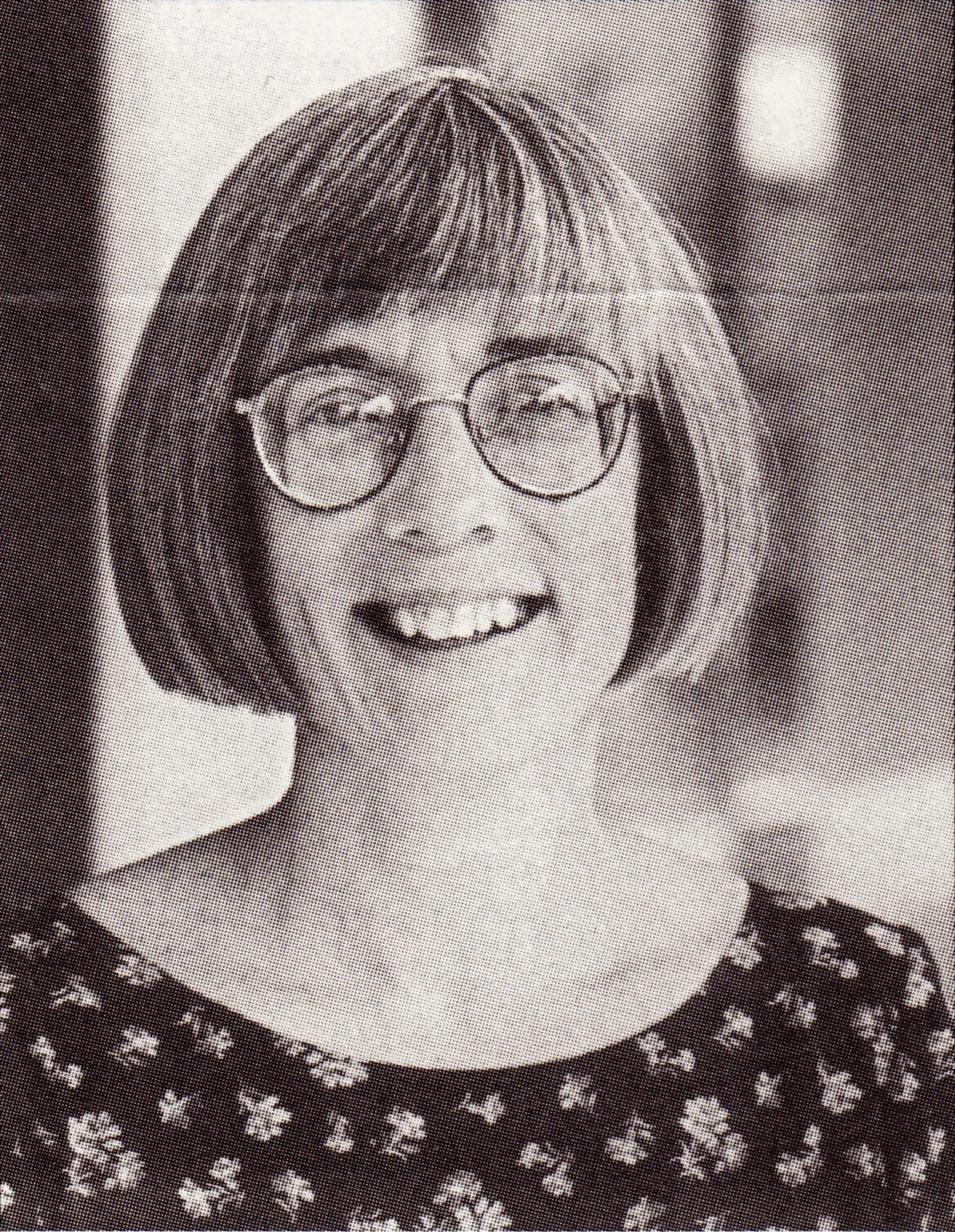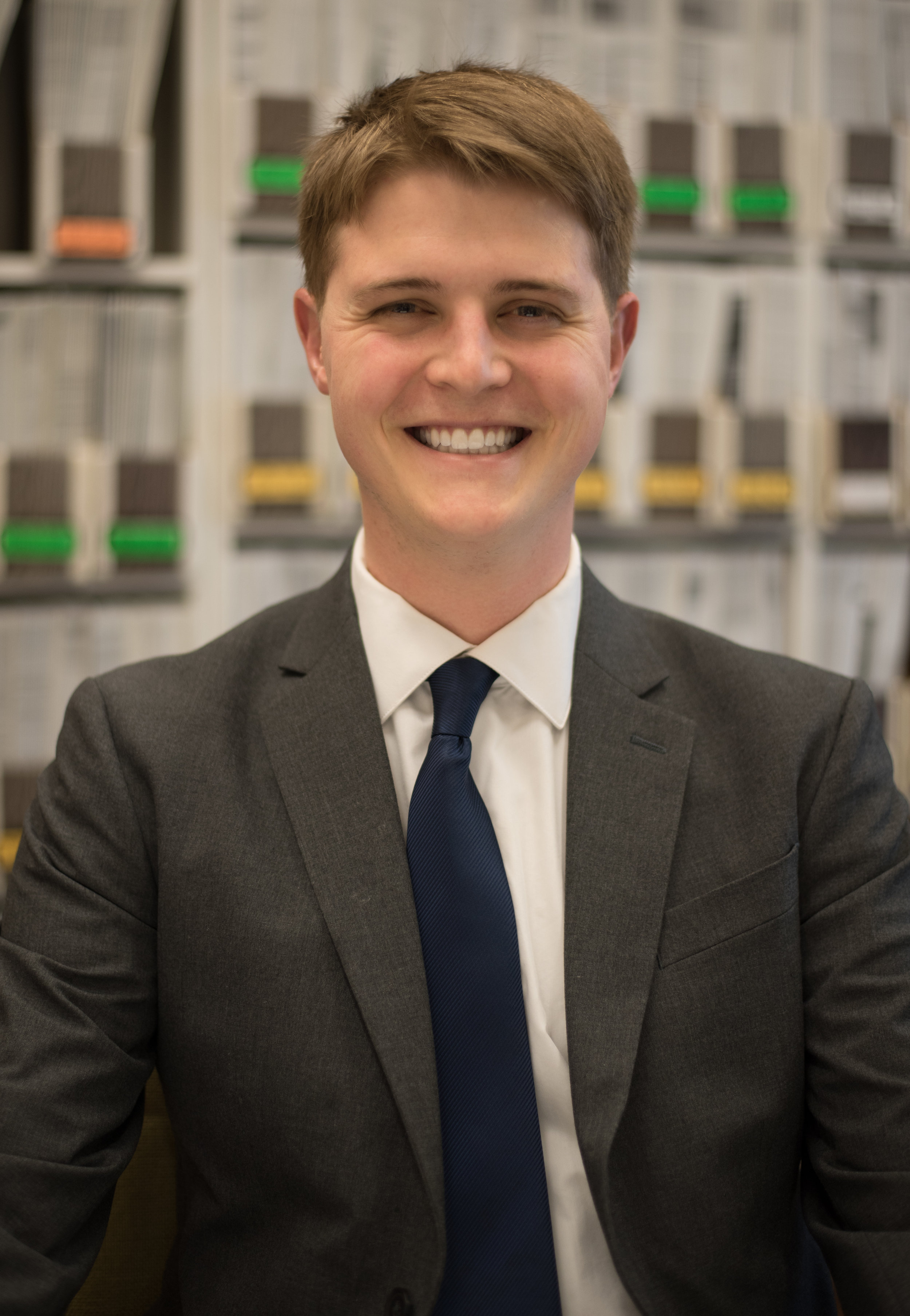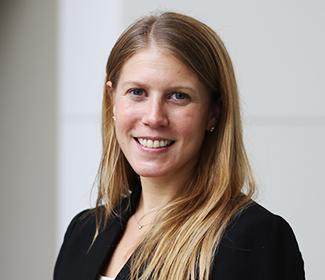Section B v. Section A (In re: Wanna-Bs)
883 U. Va. 110 (2018)
ZABLOCKI, J., announced the opinion of the Court in which VANDERMEULEN, C. J., and RANZINI, J. joined. MALKOWSKI, J., filed a dissenting opinion in which SCHMALZL, J., joined. SCHMALZL, J., filed a dissenting opinion.
Justice ZABLOCKI delivered the opinion of the Court.
Before this esteemed Court comes the case of Section B v. Section A, more colloquially known as In re: Wanna-Bs, on appeal from the Petty Court of Petty Complaints, which held as follows: “Huh?”
The facts are as follows: the twerpy 1Ls of Section A thought they would be super clever and co-opt the University-assigned generic name of another section—namely, Section B—for their section softball team name. Section B protested the purloining of the only name by which they are recognized throughout the University community, the only name which is likely to be appropriate to mention whilst schmoozing still-wet-behind-the-ears, just-minted UVa alums at firm receptions, the name that not one member of the section ever objected to, unlike the seventeen others considered for their own softball team name. In short, Section B claimed trademark infringement on grounds of likelihood of confusion, dilution, and deceptive and/or fraudulent trade practices. In response, Section A moved for declaratory judgment, seeking to establish that no valid trademark could attach to “like, SUCH a dull name” as “Section B.” In the alternative, Section A countered that its desire to be known as “Section B” is intended as the highest compliment, to boot, as that most sincere form of flattery known as imitation, and that Section B’s reaction has provoked feelings of deepest melancholy and rejection among the section’s members, who were hoping to befriend their classmates adjoining them in the alphabet and instead are suffering deepest emotional distress.
This Court shall set aside any horror at the lack of creativity apparently engendered by the thirty or so, um, humans[1] of Section A. This Court recognizes this would be a form of personal judgment rather than legal. Similarly, this Court shall not comment on the related allegations that Dean Faulk and his office have breached their duty to the existing student body not to admit only utter and absolute bores, except to say that allegations alone don’t make for a lawsuit—in this school, we don’t conduct trials in the media, but rather in court, as is proper. Instead, this Court shall focus on the instant claims relating to the putative trademark “Section B.”
Trademark infringement describes the scenario when some genius who can’t think of his own trademark or trade name starts using a trademark or name belonging to someone else, who did not give permission for such use, in commerce. As a threshold matter, a valid trademark needs to exist for infringement to occur, so we’ll deal with that first. It is not contested that Section B has first use, as assigned by prior years’ Section Bs from one Section B to the next since 1819. Similarly, it is acknowledged that Section B has been using the putative mark as an identifier of its section in commerce, with goods in the form of section T-shirts and services ranging from “team-building” (i.e., forcing non-athletes to relive the painful experience of middle school gym and forcing non-theaterish people everyone to suffer through Dandelion) to procurement of sponsorship from area retailers generous enough to support the aforementioned albeit somewhat lackluster softball team. Rather, Section A bases its motion on what it alleges to be the generic nature of the putative mark, proffering that the word “section” followed by a single letter is a common schema, particularly in the Law School community. In fact, this Court would agree with Section A if not for the context of the Law School community. You see, each section has acquired distinctiveness through years of use in commerce, be it providing recreational activities or donating the winningest PILA auction items.[2] In the case of Section B, previous years’ Section Bs have earned the reputation of being the most gossipy section, which is quite an achievement at a Law School that itself has more drama than 82% of high schools in the U.S. Notwithstanding the dubious nature of the acquired distinctiveness, this Court is unable to deny that it exists and, with it, a valid trademark for “Section B.”
This Court now directs its attention to the claims of infringement levied by Section B against Section A. Likelihood of confusion exists when marks are “confusingly similar,” as tends to be the case when they are identical, and “the goods and/or services of the parties are related such that consumers would mistakenly believe they come from the same source.” This is a fairly universal standard, having been adopted even by the United States Patent & Trademark Office, from which these quotes were taken.[3] While it is unclear that Section A would be able to match the traditional Section B reputation for drama at the end of the school year, at this point in time we find that a likelihood of confusion does exist. After all, none of us can tell the 1Ls apart and honestly probably won’t be able to until they emerge from their 1L bubbles, and if any of said 1Ls don’t suck at softball, it’s probably on an individual basis, not by section.
Because all 1Ls are kind of interchangeable to the world at large, in which they don’t even fully exist, see above, we find that dilution at this point in time is impossible without some evidence of intent to act in such a manner that “Section B” acquires a reputation worse than that of the average 1L section, namely, being kind of gossipy and kind of a mix of gunners and complacent individuals who think they have Made It because they are here rather than at Georgetown[4] and, in sum, just a stressed-out bunch of people who really aren’t cool.[5]
With regard to Section B’s allegations of deceptive and/or fraudulent trade practices, we think that’s going too far. Much as a rose is a rose is a rose by any other name, with that signature floral fragrance, Section A is Section A is Section A by any other name, and there ain’t no escaping that stink.6 In other words, if you feel compelled to pretend to be a whole different section because you’re so bad at softball, the situation is probably dire enough no one will be fooled by the ruse, and attempted deception that is so far from succeeding is what passes for humor here on North Grounds.
Section A’s counterclaim of IIED provoked by Section B’s reaction to their so-called flattery is dismissed. Stop being such smarmy little shits, guys.
The Court orders as follows. Section A is liable for trademark infringement and is hereby enjoined from any further use of the mark. Further, in lieu of paying damages to Section B, Section A is hereby assigned the team name “Wanna-Bs.” Being merely descriptive of Section A, it is unlikely that Section A will be able to acquire trademark protection for itself; however, this Court has never seen a section exhibit such behavior and feels Section A should wear, if not a scarlet letter, at least a highly descriptive one which, bonus, will also incorporate what is apparently the section’s favorite letter. Also, court costs and fees are awarded; Section A owes this Court donuts for services rendered in consideration of this case—and this being the great Commonwealth of Virginia, all y’all’s driver’s licenses will be suspended if you don’t pay up. We convene in SL 279 at 5:30 PM on Mondays, we prefer Duck Donuts, and we will be expecting you.
It is so ordered.
Justice MALKOWSKI, dissenting.
“Letting” 1L sections vote amongst themselves for clever nicknames is one of this law school’s most blatant methods of lying to itself about what 1L year entails. 1L sections can hardly be either trusted or burdened with the task. They are busy, people. They’ve just found out they are in seventh grade again. They all have to purchase gym shorts, sneakers, lunchboxes, and acne medication, start pretending they enjoy team sports with strangers, and organize various GroupMe cliques. I propose that instead, all 1L section names be submitted to the authority of the Committee for Naming Truthfulness, to be henceforth organized and manned by this justice. Some initial suggestions: Section A for Anxiety Athletes, Section B for Battered Nerves, Section C for Curve? Balls, Section D for Distressed on the Diamond, Section E for Ego Bruise Bears, Section F for Fatigue of Their Own, Section G for Griever Pitch, Section H for Healed of Dreams, Section I for Ipso Cracked-o, and Section J for Just Chills in the Outfield.
Justice SCHMALZL, dissenting.
After a heated conference debate, I dissent.
First, Justice ZABLOCKI’s statement that there is no contention regarding whether a trademark exists or not is, in fact, false. A trademark, as I have recently learned in Law and Economics from the wonderful Professor Gilbert (who I’m hoping will read this and give me an A on our upcoming exam for applying what I’ve learned in class to hard-hitting legal issues), is a distinctive logo to be used for consumers to identify brand and quality of products/services to decide which to purchase. To my knowledge, Section B has put forward no logo on shirts, nor put anything (except maybe drama) into the commerce of the law school. Therefore, the only thing to trademark is not a logo, but the words “Section B” used in connection with each other. The irony here is that “Section B” is used every year by a different group of people, proving on its own that it is not a distinctive logo that identifies a certain group. In fact, Section B changes annually and their reputation changes with it, making Justice ZABLOCKI’s argument factually incorrect. If we allow them to trademark the English language, we are stifling the limited creativity that law students have, and I can’t condone such a precedent to be set by this Court.
Further, Section A is not using the name in any legal capacity—it is not their team name—and seem to be following the rules set out by the Court of Petty Appeals in “doing whatever they want.” Chanting Section B at the announcement of their second-place finish at Dandelion can only build the Section B reputation after their pitiful attempt at gymnastics, so IDK what they’re even complaining about TBH. Section B should be thanking Section A for building a better reputation for them instead of going against UVa Law’s core value of collegiality and refusing to share. As the famous and well-respected High School Musical cast once said, “We’re all in this together,” so let’s stop the madness and get over ourselves for a hot sec.
I join Justice MALKOWSKI’s dissent in full, and am glad to see that the redhead representation on the Court understands the harm inflicted by the majority. I worry about what this means for the future health and wellbeing of an innocent section just trying to make friends, but don’t let it get ya down. The only way to spread collegiality far and near, is practicing it and shouting it for all to hear.
Also, the majority’s attacks on Section A’s softball skill is unfounded given that they’re undefeated. BOOM.
I respectfully dissent.
----
amz2ea@virginia.edu














